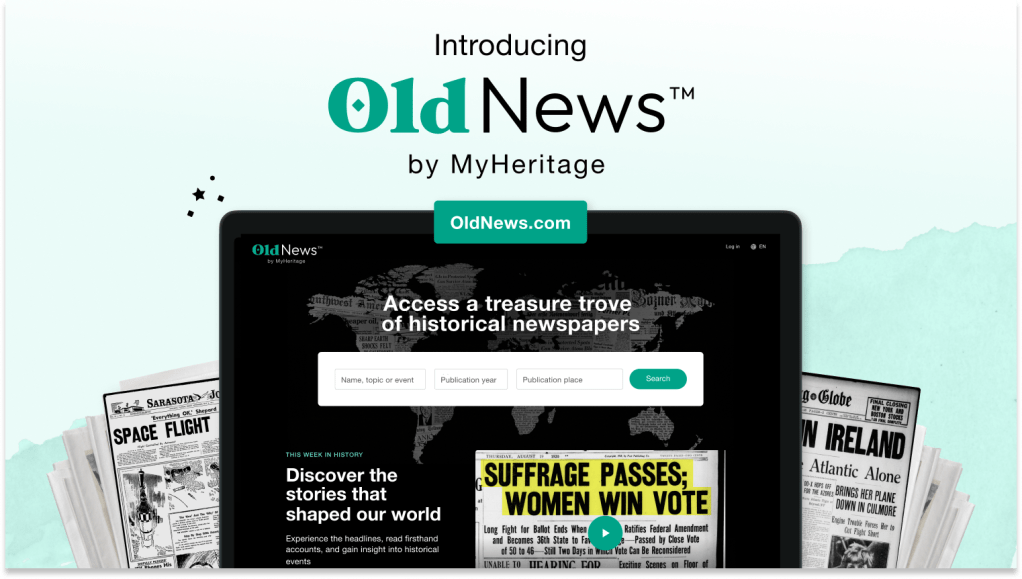
When the U.S. Feds cut interest rates by half a percentage point last week, it was a dash of good news for venture capitalists backing one particularly beleaguered class of startups: fintechs, especially those that rely on loans for cash flow to operate their businesses.
These companies include corporate credit card providers like Ramp or Coast, which gives cards to fleet owners. The card companies make money on interchange rates, or transaction fees charged to the merchants. “But they have to front the money by getting a loan,” said Sheel Mohnot, co-founder and general partner at Better Tomorrow Ventures, a fintech-focused firm.
“The terms of that loan just got better.”
Affirm, a buy now, pay later (BNPL) company founded by famed PayPal mafia member Max Levchin, is a good case study. While Affirm is no longer a startup — having gone public in 2021 — when interest expenses rose, its stock price tanked, dropping from around $162 in October to hovering at under $50 a share since February 2022.
BNPLs pay merchants the full amount up front; then they allow that customer to pay for the item over a couple of payments, often interest-free. Many BNPLs generate revenue primarily by charging merchants a fee for each transaction processed on their platform, not interest on the purchase. Their business model didn’t allow them to pass on the dramatically higher costs they incurred.
“BNPLs were making money hand over fist when interest rates were zero,” Mohnot said.
Affirm competes with a host of BNPL startups. Klarna, for instance, is a player that’s been expected to IPO for years but still isn’t ready in 2024, its CEO told CNBC last month. Some BNPL startups didn’t survive at all, like ZestMoney, which shut down in December. Meanwhile, other lending fintechs also shuttered because of high interest rates like business-building credit card Fundid.
Counterintuitive as it may seem, lower rates are also good for fintechs that offer loans. Car loan refinancing company Caribou, for instance, falls into this bucket, predicts Chuckie Reddy, partner and head of growth investments at QED Investors. Caribou offers one- to two-year loans.
“Their whole business is predicated on being able to take you from a higher rate to a lower rate,” he said. Now that Caribou’s funding costs are lower, they should be able to reduce what they charge borrowers.
GoodLeap, a provider of solar panel loans, and Kiavi, a lender specializing in loans for “fix-and-flip” home investors, are other short-term lenders expected to benefit. Just like Caribou, they can potentially pass on some of their interest savings to customers, leading to a surge in loan origination volume, said Rudy Yang, fintech analyst at PitchBook.
And no sector should be helped by lower interest rates as much as fintech startups taking on the mortgage loan industry. However, it could be some time before this recently beat-up space sees a resurgence. While the cut the Feds made was a biggie, interest rates are still high compared to the long ZIRP (zero interest rate policy) era that preceded it, when Fed rates were at near zero. The new Fed rates are in the 4.5% to 5% range now. So the loans available to consumers will still be a few percentage points higher than the base Fed rate.
Should the Feds continue to cut rates, as many investors hope they will, then a lot of people who bought homes during the high-rate time will be looking for better deals.
“The refinancing wave is going to be massive, but not tomorrow or over the next few months,” said Kamran Ansari, a venture partner at VC firm Headline. “It may not be worth it to refinance for half a percent, but if rates decrease by a percent or one and a half percent, then you will start to see a flood of refinances from everybody who was forced to bite the bullet on a mortgage at the higher rates over the last couple of years.”
Ansari anticipates a significant rebound for mortgage fintechs like Rocket Mortage and Better.com, following a sluggish performance in recent years.
After that, VC investor dollars will almost certainly flow. Ansari also predicted a surge in new mortgage tech startups if interest rates become more appealing.
“Anytime you see a space that’s gone dormant for four or five years, there are probably opportunities for reinvention and updated algorithms, and now you can do AI-centric underwriting,” he said.





